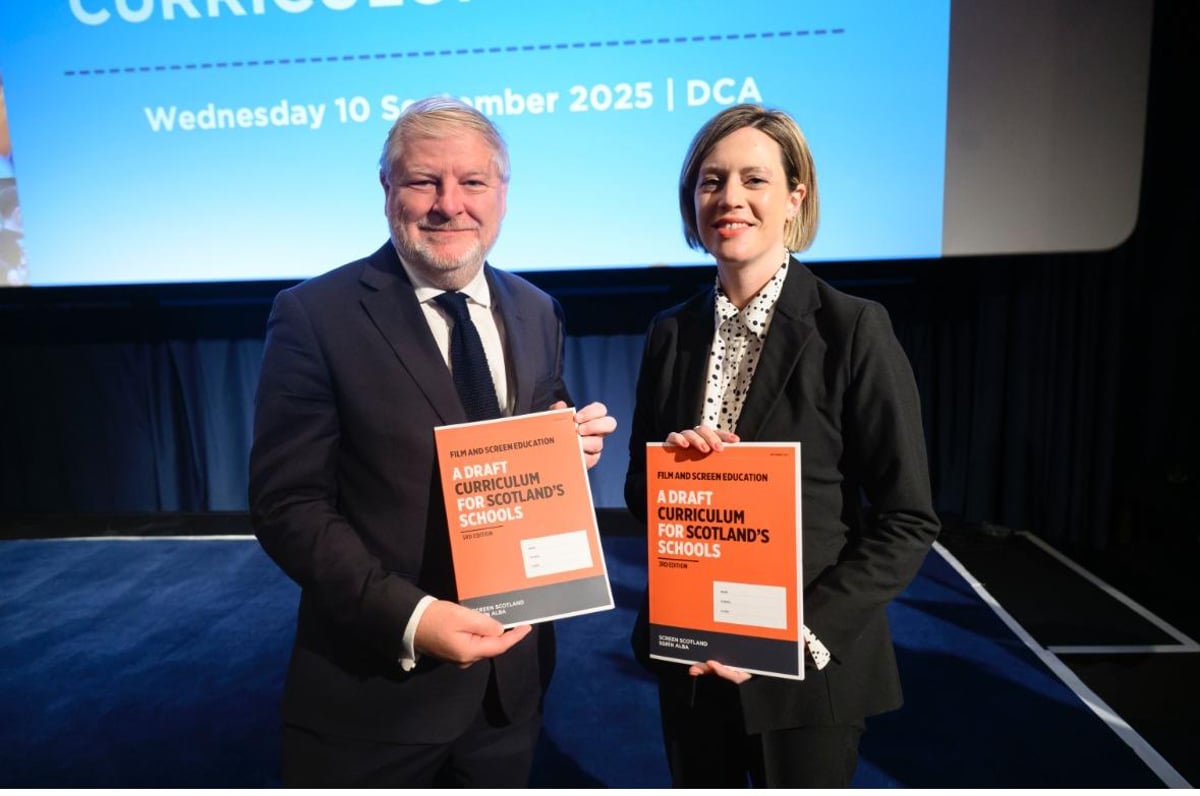By Angus Robertson
Copyright scotsman

This groundbreaking step introduces learners of all ages to an artform that is both culturally important and central to a growing part of the economy. It opens up opportunities for pupils to engage with storytelling, technical skills and creative collaboration that will support future careers in one of Scotland’s most dynamic sectors. The introduction of the curriculum follows a successful pilot which showed the value of teaching film and screen in schools. Neil Millar from Education Scotland explained that, “from the outset, the educational and social impact of the pilot Film and Screen curriculum on schools, teachers and most importantly pupils, has been immense. The proof of this is in the curriculum work developed and showcased by the children and young people themselves.” That experience will now be shared more widely with schools across Scotland. The benefits are clear to teachers and pupils. Laura Heggie, a teacher at Graeme High School, said the curriculum, “gives pupils ownership over their own learning. They’re so engaged and want to get it right that they are working and challenging each other within their film crews.” For pupils such as Kian McLear at Drummond Community High School in central Edinburgh the course has provided “a very good balance between practical work and analysis” and has created new interest in future careers. Education Scotland and Screen Scotland’s work cannot be overstated. The talented leadership there has ensured this course is in keeping with the world-class education for which Scotland is known. Fi Milligan-Rennie of Screen Scotland said: “The curriculum creates democracy of opportunity for every child and young person to learn about the film and screen industries in Scotland, to understand how it works and most importantly to recognise that they can be part of it.” Actor and director James MacAvoy highlighted that “teaching film and screen in schools is the most equitable way to engage in an artform, while demystifying something that can seem distant or inaccessible.” The Scottish Government has set out clear ambitions for the screen sector. With a projected value of £1 billion to the economy by 2030, building a skilled and diverse workforce is essential. By working with Screen Scotland and education partners, we are ensuring that investment in skills development will support both the cultural and economic future of the country. My colleague, Education Secretary Jenny Gilruth, emphasised that the pilots demonstrated “the innovation that lies at the heart of Scotland’s curriculum” and that teachers will now be supported with resources to deliver film and screen learning more widely. The curriculum will help develop new talent across directing, writing, editing, production and other disciplines. It will also encourage pupils to build transferable skills such as communication, planning and teamwork. This matters because Scotland’s expanding screen sector needs an ever-stronger crew base to sustain its growth. By embedding film and screen into schools, we are laying the foundations for the next generation of talent to contribute to an industry of increasing importance. The launch of the Film and Screen curriculum is a landmark for education and the creative industries in Scotland. It shows how learning can connect directly with the opportunities of the future and how young people can develop skills that support both personal creativity and national economic growth. Angus Robertson is SNP MSP for Edinburgh Central and Constitution, External Affairs and Culture Secretary



